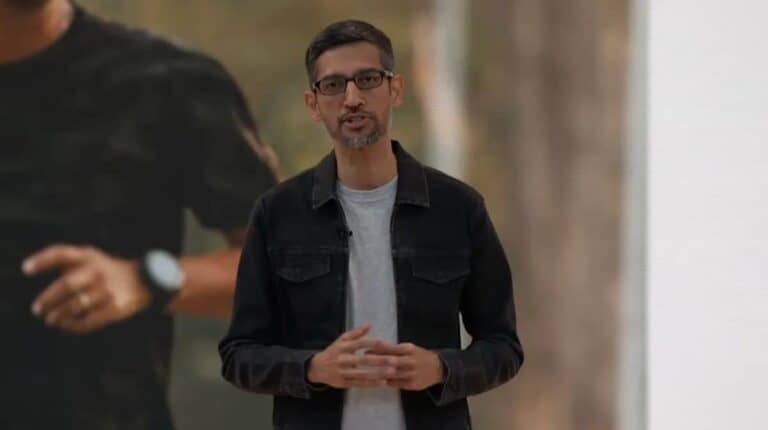Alphabet CEO Sundar Pichai expects the company as a whole to continue to grow despite concerns about the impact of AI on employment. In an interview with Bloomberg, he emphasized that AI primarily makes engineers more productive. This allows the company to grow faster and creates opportunities for more employees.
Pichai responded to questions about the potential impact of AI on Alphabet’s 180,000 employees. He expects growth “well into next year” because AI enables engineers to work more productively and have more impact. Rather than replacing workers, he sees AI as an “accelerator” for new product development.
Limited layoffs in 2025
Alphabet has carried out several rounds of layoffs in recent years. This year, the choices seem more targeted than before. In 2023 and 2024, the reductions were much larger. In 2023, Google laid off 12,000 employees. During that period, we witnessed significant layoffs at numerous IT organizations.
The pattern of layoffs at tech companies is therefore part of a broader trend in which companies are reallocating resources to invest in AI technology.
New innovations offer opportunities
Pichai pointed to Alphabet’s expanding activities as evidence of innovation opportunities. According to him, Waymo self-driving cars, quantum computing initiatives, and YouTube’s global growth demonstrate the ongoing opportunities. He cited YouTube’s scale in India, with 100 million channels, 15,000 of which have more than a million subscribers.
The discussion about AI and the labor market extends beyond Alphabet. Various tech CEOs have differing views on how AI will affect employment.
AI does affect the labor market
Pichai acknowledged that AI will have an impact on the labor market, potentially resulting in job losses. During the interview, he referenced recent statements by Anthropic CEO Dario Amodei, who suggested that AI could eliminate half of all entry-level office jobs within five years. Pichai acknowledged that these concerns are valid, but emphasized that we need to continue discussing them, because it does not necessarily mean that the people who do that work will become redundant.
The development of AI
When asked about the limits of AI, Pichai said that there is still a lot of progress to be made, especially with the developments the company is currently working on. However, he acknowledged that it is difficult to predict precisely how fast this will happen. Sometimes you reach the ceiling of an innovation. Where precisely the ceiling of AI lies and how long this development will continue is unclear.
